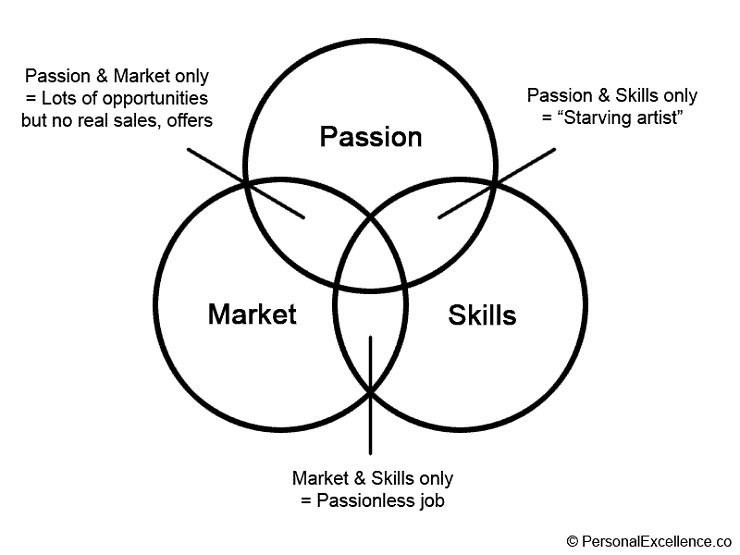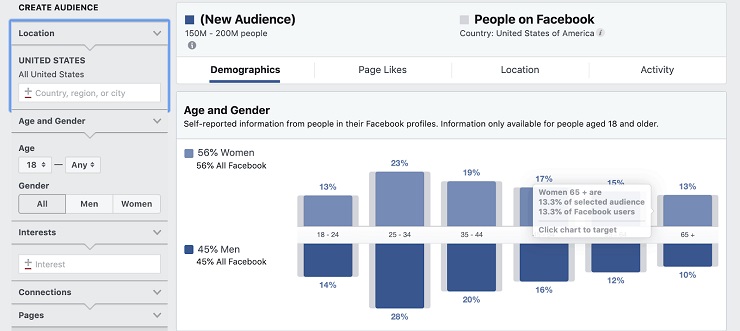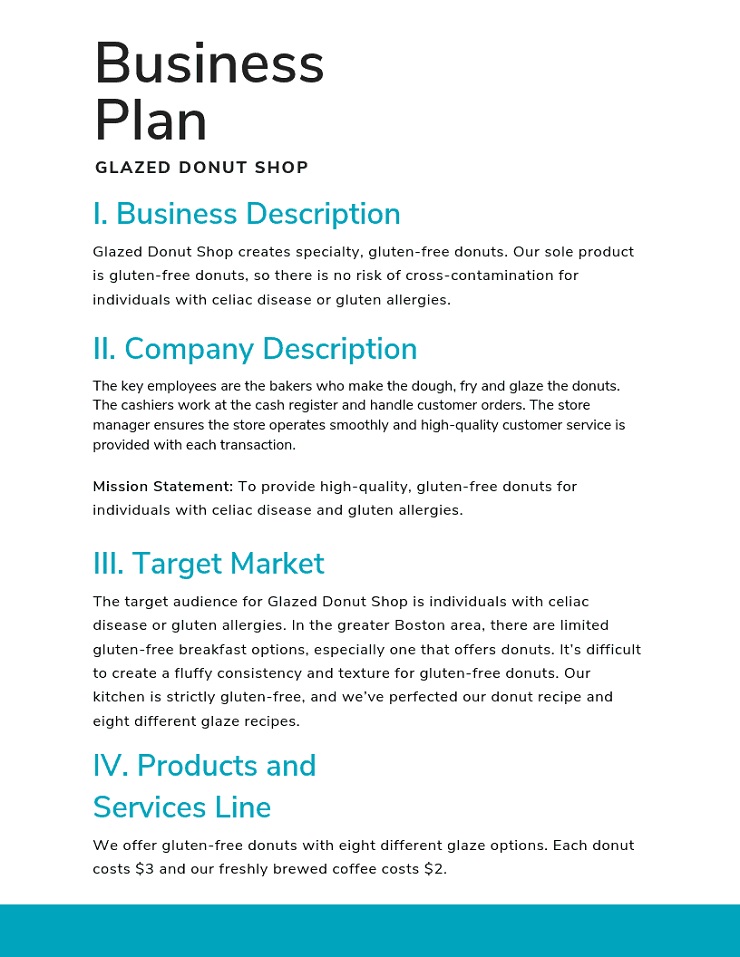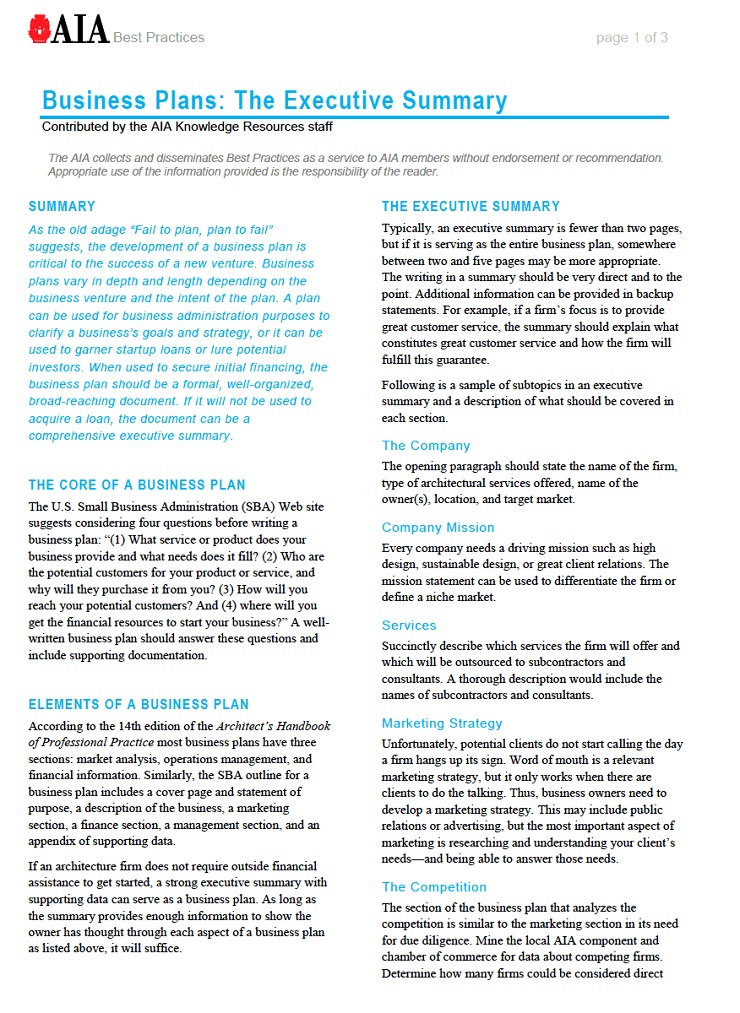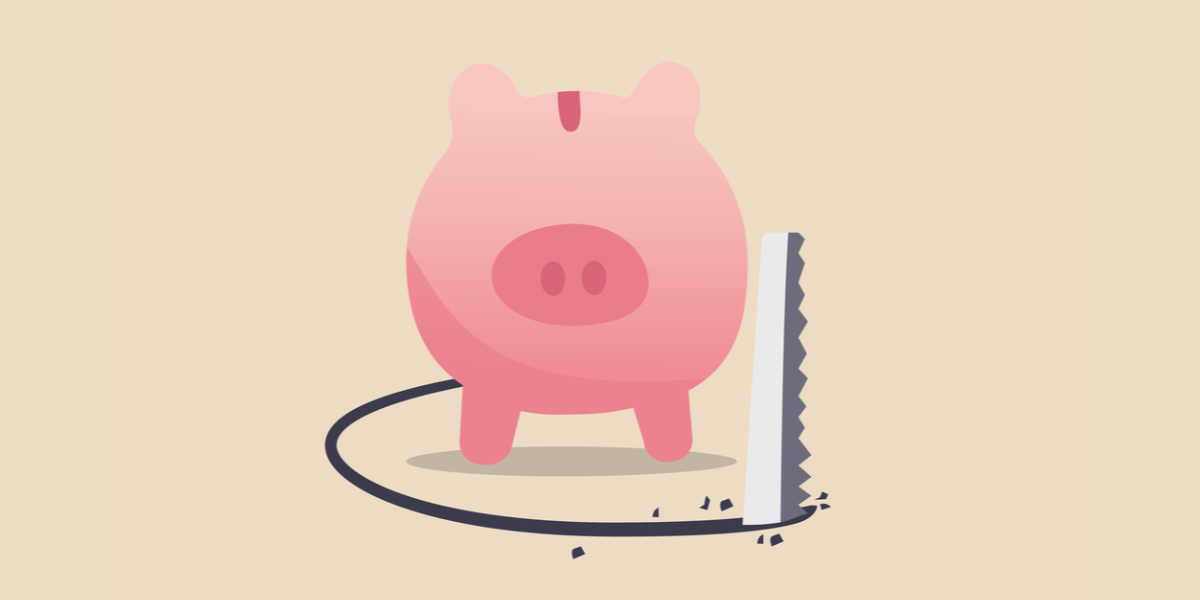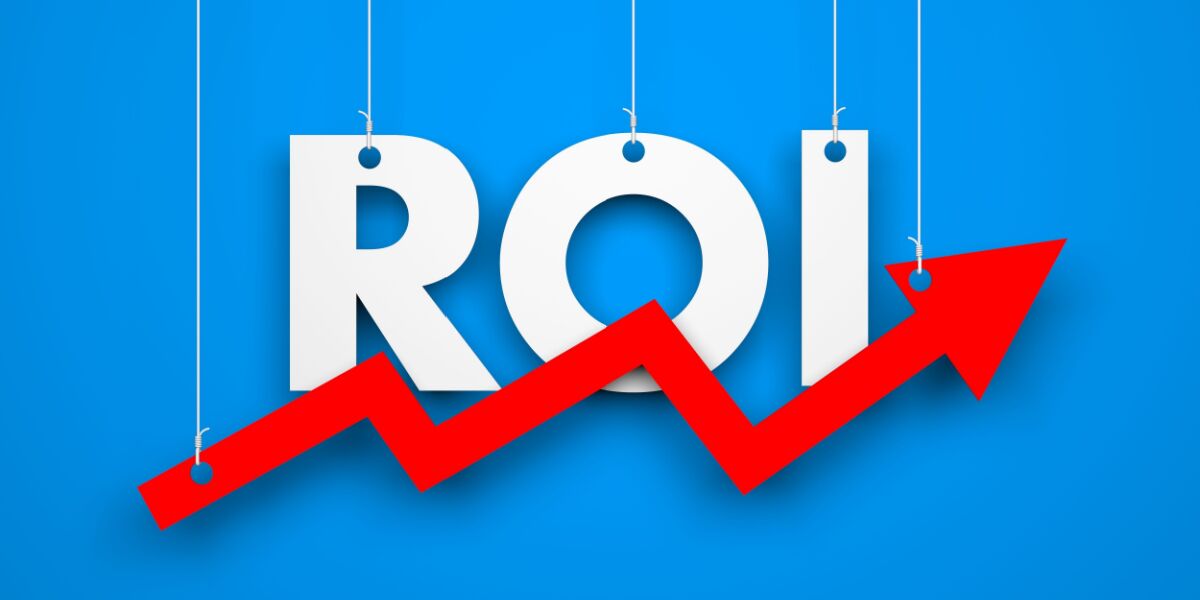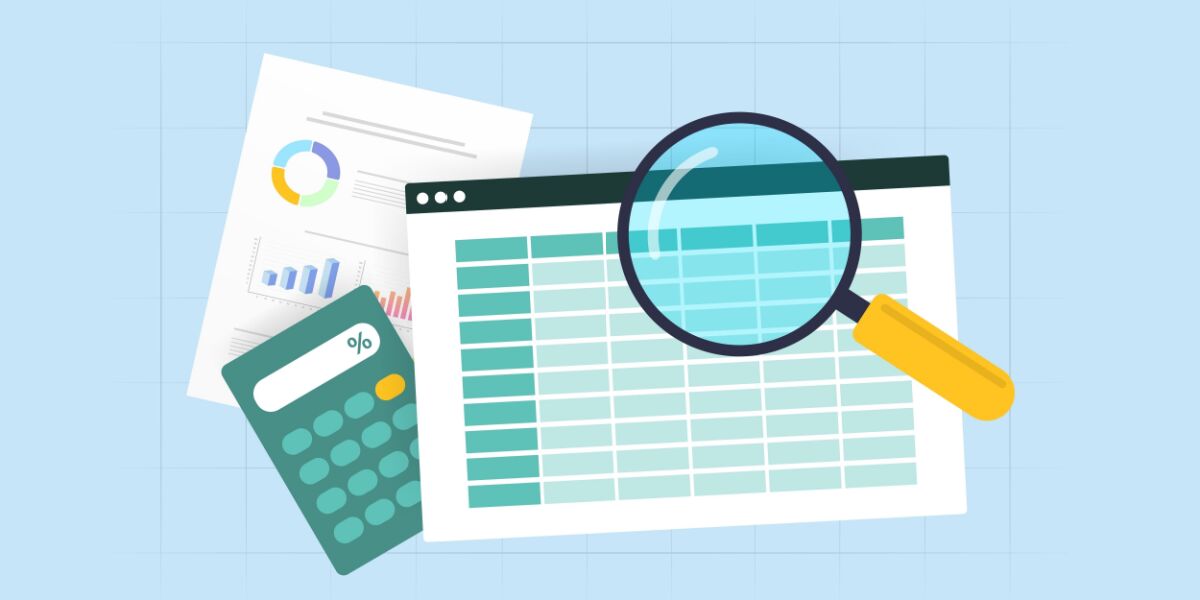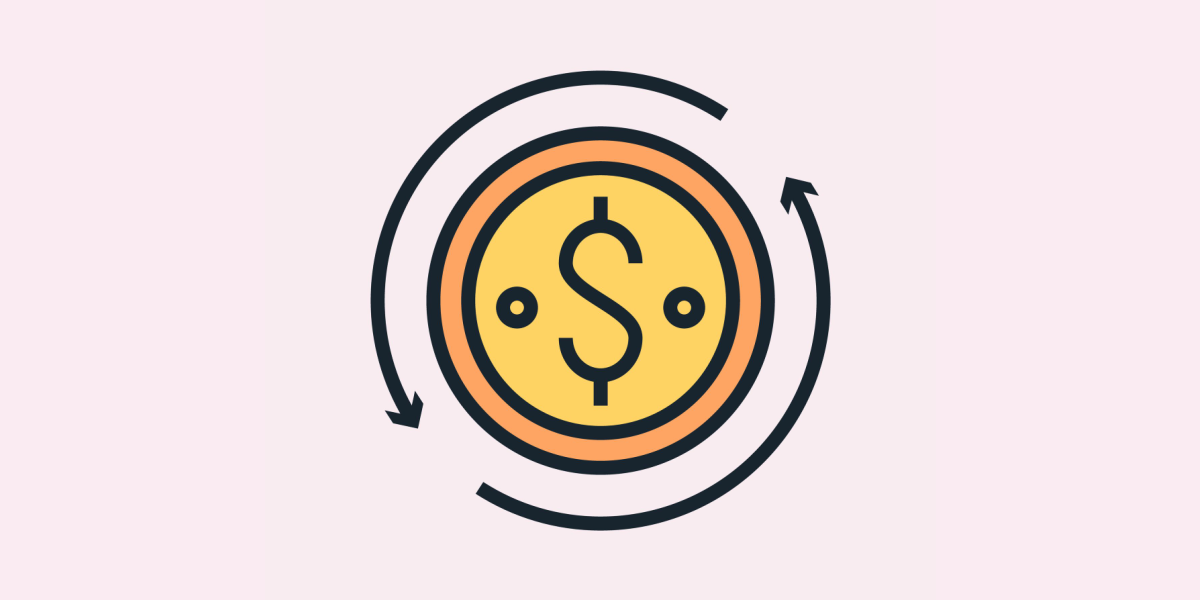You’re excited to start your own business, and dying to quit your day job, but you may be wondering: How long will it take me to become an entrepreneur? Weeks? Months? Years?
This is a hard question to answer because, well, you don’t become an entrepreneur like you become a doctor. Becoming a doctor is challenging but clear cut—at least eight years of schooling and then a residency. Once you pass your licensing exam, you’re a doctor. It’s a set path with predictable outcomes.
It’s a lot easier to become an entrepreneur, or at least to call yourself one. Simply open an Instagram account, start a blog, or even open an Upwork account. As long as you’re looking to monetize your skills, your knowledge, your audience, or sell something (like a digital product or software), you can call yourself an entrepreneur.
But, I’m guessing that you don’t care much about how long it takes to open an Instagram account. You want to know how long it takes to make some money as an entrepreneur. So if your definition of an entrepreneur is someone who has built a profitable business, it will take a lot longer, and the answer is less cut and dry.
There is no set time it takes. And we would be leading you astray if we slapped on an arbitrary timeframe for any business.
So instead of asking, “How long does it take to become an entrepreneur?” a better question would be, “What does it take to become an entrepreneur?”
Your actual path will be unique to you and depend on the type business you pursue and other key factors. But to formulate the time you can expect, you’ll first need to know the basics of what becoming an entrepreneur entails.
In this article, you will learn what you need to have in place to build your own profitable business and start living the entrepreneurial life.
EXCLUSIVE FREE TRAINING: Successful Founders Teach You How to Start and Grow an Online Business
Define Your Business
As you know, entrepreneurship is the process of starting a business that meets a need. But how do you actually find such a need? There are a lot of different approaches you can take.
Some people start their businesses based on their passions, others on their skills, others on what they read in magazines. Some even start one on a hunch, following a gut feeling.
While there’s validity to any of these options, building any sustainable and profitable business requires conducting some form of market research.
To start, you want to find a business idea that’s in demand. Whatever idea you may have on your mind right now, start talking to your potential customers (more on finding your target market in the next section).
Survey them and interview them, something that will help you uncover the exact pains your potential customers have; your only job is to find that audience in the first place. To find survey participants, you can use a service like Pollfish or SurveyMonkey, both of which let you use their own database for as little as a penny per person.
At the end of the survey, you can even ask them if they’d be interested in participating in an interview. To increase the chances someone accepts the interview, give out some type of incentive, like a gift card.
You can also spy on your potential customers—something serial entrepreneur Amy Hoy calls “sales safari.” This strategy consists of going to the places your potential customers hang out online (e.g., Reddit, Twitter, Amazon) and observing their comments and thoughts in the wild.
Both strategies will help you find potential opportunities quite easily and develop business ideas that take advantage of them.
You can also implement competitor research and find potential opportunities your competitors have ignored. This includes looking for customer reviews in your competitors’ sites, analyzing their paid advertising campaigns, checking their social media, and more.
At the end of this process, you want to have a better idea of the type of business you can start based on the data you acquire from your customer and competitor research.
It may be that you find there’s a product people want but no one is selling. It may be that there’s a service you can offer that solves a problem people complain a lot about.
Whatever you find, your ultimate goal is to find a business idea that mixes both your passion and skills with a profitable opportunity you uncover from your research.
Find Your Target Audience
Along with your business idea, you’ll want to identify the target audience you will serve with your business.
After all, a business can only exist if people are willing to pay for whatever it offers—and the only reason someone would ever do that is that if the offer solves a real pain or problem they have.
When you research business ideas, you also want to understand the people you will be serving.
- Who are your competitors serving?
- Who is complaining about a problem or pain that you think you can solve?
- What products or services are most popular in your industry or within your business model (consulting, ecommerce, etc.)?
- Who is in need of the skills you have?
- Who are the people who buy the products or services that you’re passionate about?
Ideally, you want to have a clear, detailed picture of the people you’ll serve—that is, your customers. Think about their:
- Age
- Gender
- Income
- Race
- Location
- Job
- Industry
- Experience and knowledge in relation to your offer
A tool like Facebook Insights can be of great help in finding the demographics of your potential audience.
You can also get some of this information when you interview or survey your audience. Make sure you uncover at least some of their demographics mentioned above. This will help you focus your marketing much more and make it more effective.
If you already have a website, you can use your Google Analytics account to learn more about your site visitors.
The more specific you can get with your target audience, the better chances you’ll have of succeeding with your new business.
EXCLUSIVE FREE TRAINING: Successful Founders Teach You How to Start and Grow an Online Business
Plan Your Business
Before you get your business up and running, you need to have a business plan. This defines the objectives your business will try to achieve and the strategy it will follow to achieve those objectives.
Contrary to what you may have read in business magazines, a business plan doesn’t have to be a 30-page document that you write once and never read again. Something like that may be useful for large businesses, but for a fast-moving startup, you need something simple that lays out what your business will aim to do once it starts running.
Externalizing your goals and the way you will achieve them is also a proven way to make them a reality. One study found that people who very vividly describe or picture their goals are anywhere from 1.2 to 1.4 times more likely to accomplish them than people who don’t.
Another study that surveyed more than 1,000 aspiring entrepreneurs over a six-year period found that those who created a formal business plan were 16% more likely to achieve viability than those who didn’t plan.
As Amy Rigby explained, a business plan needs to define:
- What is your business about?
- Who does it serve?
- What does it sell?
- How will it make money?
- How will it stand out in the market?
- What are its plans for growth?
Besides helping you get clear on your goals and motivating you to achieve them, a business plan can help you get external funding from investors, a bank loan, or simply to excite and convince potential employees to join your cause.
To get started, open a document (a Google Docs is just fine) and write the following sections:
- Executive summary: Here, you will write an overview of what’s inside the business plan.
- Business description: In this section, you will define your business structure (LLC, corporation, etc.), your location, the owner(s), the marketplace, and the way your business will solve it. You can also add something like a vision and mission statement.
- Market analysis: Here, you will define your competitors, what they do, and how you stand out from them. You also want to define your value proposition and your target audience you defined before.
- Offer(s): You will define the products and/or services you will offer to your marketplace.
- Sales & Marketing: This is your marketing strategy, which defines how you will reach potential customers and how you will sell to them. You want to mention your acquisition costs and other marketing-related expenses.
- Financial analysis: Here, you want to give an overview of the money invested and how much it costs to run it as well as your expected revenue. At this stage, it will mostly be an estimation, not a real financial analysis.
Ultimately, your business plan is all about helping you figure out what your business will do and how it will do it. While it will change over time as you learn from your mistakes and from your market, it will surely be the guiding light that illuminates the path for your business growth.
Build Your Business
Albert Einstein famously said, “If I had an hour to solve a problem, I’d spend 55 minutes thinking about the problem and 5 minutes thinking about solutions.”
This quote summarizes why you have spent so much time thinking about your business, your audience, and your business model before you get started building it.
With this clearer idea of your business, it’s time you get started executing on your plan. Your execution will depend greatly on your business model and your business type.
For example, if you’ve decided to start an ecommerce store, then your job will require you to:
- Buy a domain
- Open an account with an ecommerce platform like Shopify or BigCommerce
- Buy a theme
- Set up the store (i.e., set up your theme, add plugins, make sure they work)
- Add products
- Add copy
- Make a test purchase
Here’s an in-depth guide on how to start and scale an ecommerce business.
A freelance or consulting business, on the other hand, will require you to:
- Buy a domain
- Get hosting
- Install a WordPress theme
- Set up your theme and plugins
- Add the copy to your site
- Add any contact forms or shopping carts
Here’s an in-depth guide on how to start and scale a consulting or freelance business.
If you prefer to skip the first few steps of creating a website in WordPress, you can consider opening an account with a website-building company like Squarespace and follow the rest of the process within their platform.
If you plan to work exclusively on a freelance platform like Upwork, or if you are thinking about working directly with companies and getting clients from referrals, you could skip the website set up process and go straight to closing deals (and start making money right away!).
Still, a website works like a 24/7 selling machine, so you should always aim to have one and use it as a marketing and sales tool, early on.
Market Your Business
When you’re just getting started, marketing is a critical responsibility that you need to put a lot of effort into. No matter how great your offer and value proposition are, nobody will buy from you if they don’t know your business exists.
Since you’ve defined a big part of your marketing strategy in your business plan, your job at this point is to follow it.
Some of the most common ways online businesses market themselves include:
- Search engine optimization (SEO): This consists of optimizing your page for certain terms and getting links to your pages to rank higher in the search engine results.
- Paid advertising: This includes Google Adwords, Facebook ads, LinkedIn ads, and more.
- Email marketing: This includes building an email list, creating content, and publishing it, creating automated campaigns, and more.
- Social media content: This includes Facebook posts (organic or paid), tweets, Instagram, and more.
- Networking and events: This includes going to events, giving speeches, connecting with potential clients, and more.
- Word-of-mouth and referrals: These come from your current clients and partners who recommend your business to other potential clients.
- Traditional offline advertising (TV, radio, billboards, etc.): This represents a more expensive route, but it can be an effective way to expand your reach.
Each and every marketing tactic you follow will change greatly on your business model and plan. They will also have a great impact on your acquisition costs which in turn affect your profitability.
You want to make sure you work on one or two tactics at first, until you master them.
No matter how busy you may be setting up your business or even talking to potential clients, you want to be marketing your business on a daily basis. Your future success depends on it.
FAQs
What’s the best business to start?
The main criterion of a successful business is that it has to offer something that adds value to your customer’s life. If you don’t add value to your business—if you can’t solve the pains and problems of your customers—you will have a hard time making any sales.
No matter what business you start, whether that’s an agency, an ecommerce store, a tech startup, it has to provide value to your customers.
From there, you can also consider starting a business that leverages your skills, knowledge, and experience—but that’s a plus.
Do I need an education?
Yes and no. Awful answer, I know. 🤔
On the one hand, starting a business is a process that you can’t study for. You can prepare for it, you can use the skills and knowledge you acquired in college (accounting, finance, etc.), but you can’t study it. You will face many challenges that no college instructor can foresee.
On the other hand, you need to be open to learning—learning new skills, learning to adapt to new circumstances, learning to understand your audience. This is more of an attitude than a skill per se, but one you need to have ingrained in your brain before you start your entrepreneurial journey.
At Foundr, we’re big proponents of learning through, not only formal education like college courses, but also self-directed learning that includes reading the latest books, blog posts, and online courses.
Do I Need Experience?
No, but it certainly helps.
When starting your business, you will have to learn a lot very fast. If you can hack part of that process through your current job, you will be much more prepared to confront the challenges you will face later on.
Experience is especially important for service businesses, as people will pay you to solve their problems in an almost custom fashion. The more experienced you are, the more money you can command and the more you can help your customers.
For any other business type—ecommerce, tech startup, etc.—experience is a plus, but not as essential.
EXCLUSIVE FREE TRAINING: Successful Founders Teach You How to Start and Grow an Online Business
Wrap Up
Learning how to become an entrepreneur is a long process. The time it takes depends on so many factors, like what type of business you choose, your skills, and your time commitment.
While you can start calling yourself an entrepreneur today—like many people do—what’s important isn’t the description you use but the fact that you’re offering value to your customers.
Entrepreneurship is a never-ending journey that you can start today but will take an entire lifetime to enjoy.
Are you thinking about becoming an entrepreneur? If so, what’s your business idea about?

